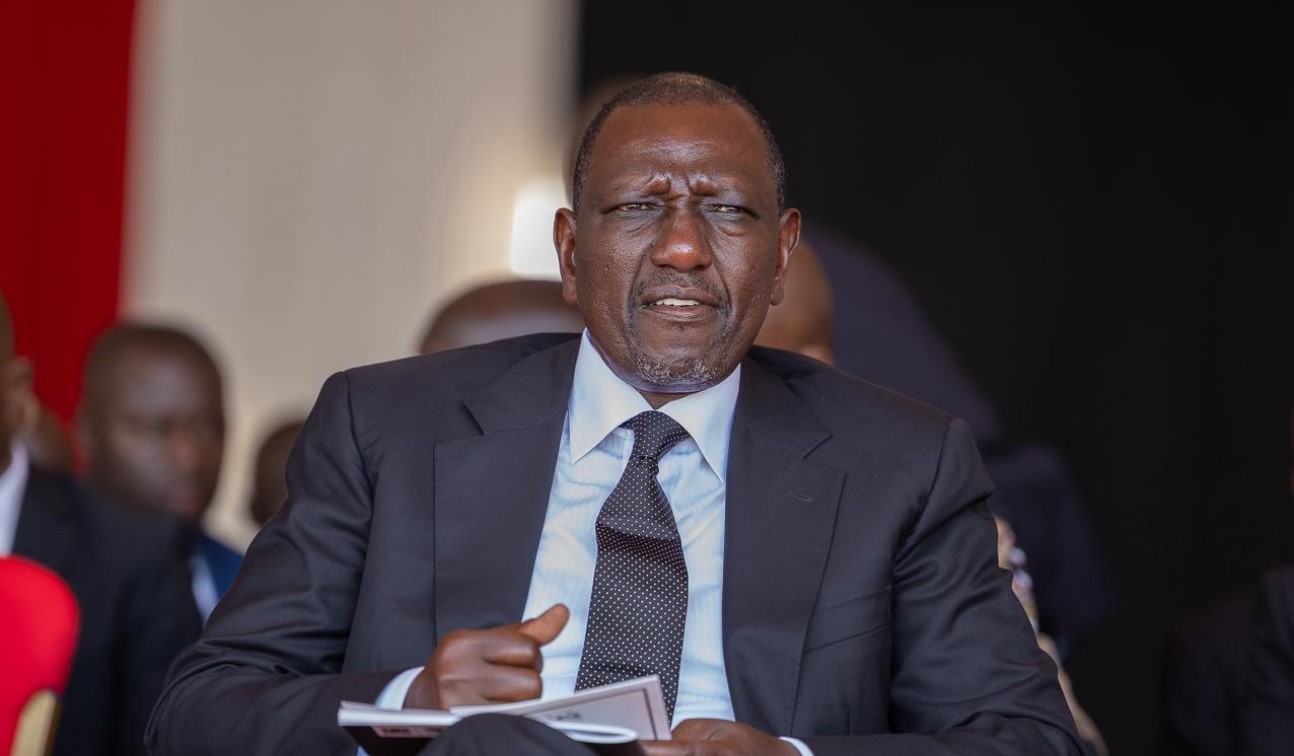- Yes, races are always won in the last lap and the 2027 is not an exception, but to be safe, President Ruto must address the perceived “economic failure” early and swiftly by recalibrating policies, restoring public trust and communicating more transparently.
With just one year and nine months to Kenya’s 2027 general elections, President William Ruto has a mountain to climb if he hopes to clinch a second term without post-election turmoil. Despite his ambitious Bottom-Up Economic Transformation Agenda (BETA), his team has yet to change the reality on the ground.
The turning point came in 2024, when the government introduced a finance bill seeking to raise KSh346 billion in new taxes. Widespread protests erupted, some violent and destructive, forcing the president to withdraw the bill. Human rights groups reported multiple deaths and alleged cases of abductions and torture events that significantly damaged Ruto’s popularity.
Economic displeasure remains his greatest hurdle. A May 2025 TIFA survey revealed that 75% of Kenyans believe the nation is headed in the wrong direction, with 45% citing the high cost of living as their major concern.
More concerning, 75% said their household situations worsened since the government took power. Only 10% reported improvements, while 18% identified failure to reduce living costs as Ruto’s single biggest failure.
Beyond the economy, debt management a central pillar of Ruto’s 2022 campaign has become a political liability. He recently acknowledged that 61 shillings out of every 100 collected in taxes now goes to debt servicing, a fiscal trend that contributed to S&P’s downgrade of Kenya’s sovereign credit rating, citing a weakening trajectory.
Read More
Public skepticism extends beyond economic frustrations. According to the same TIFA poll, 56% of Kenyans expressed dissatisfaction with the broad-based political arrangement, arguing that it disadvantages certain groups economically. Combined with rising costs and fiscal strain, these issues could complicate Ruto’s reelection prospects, turning them into significant electoral liabilities.
Yet, Ruto insists Kenya has made “commendable progress” over the past three years, even as he admits the country is still performing “below its true weight.” Speaking to lawmakers ON November 20, 2025 while delivering the State of the Nation address, he urged the nation to abandon what he called a culture of “small thinking and ordinary expectations.”
“We must cast off the prevailing mindset of being content with the average,” he declared. “We must step beyond the comfort of the familiar and the ordinary, and reach with courage, clarity and conviction for nothing less than excellence and greatness.”
The president acknowledged the turbulence of the past three years, marked by political disagreements, compromises, and what he described as “storms that none of us invited.” Despite the difficulties, he insisted that the country has laid the foundations for economic recovery.
“The last three years have not been easy,” he said.
As the 2027 race approaches, the stakes are high. Ruto must confront the perception of economic failure early and decisively by recalibrating policies, restoring public trust, and communicating more transparently. In a political game where perception is decisive, the message is clear: act now, or pay later.
Stay connected with us on WhatsApp and X for instant updates and breaking news as it happens.



-1772102940-md.jpg)


-1772090413-1772095461-md.jpg)
-1772094026-md.jpg)

-1772102940-sm.jpg)


-1772090413-1772095461-sm.jpg)